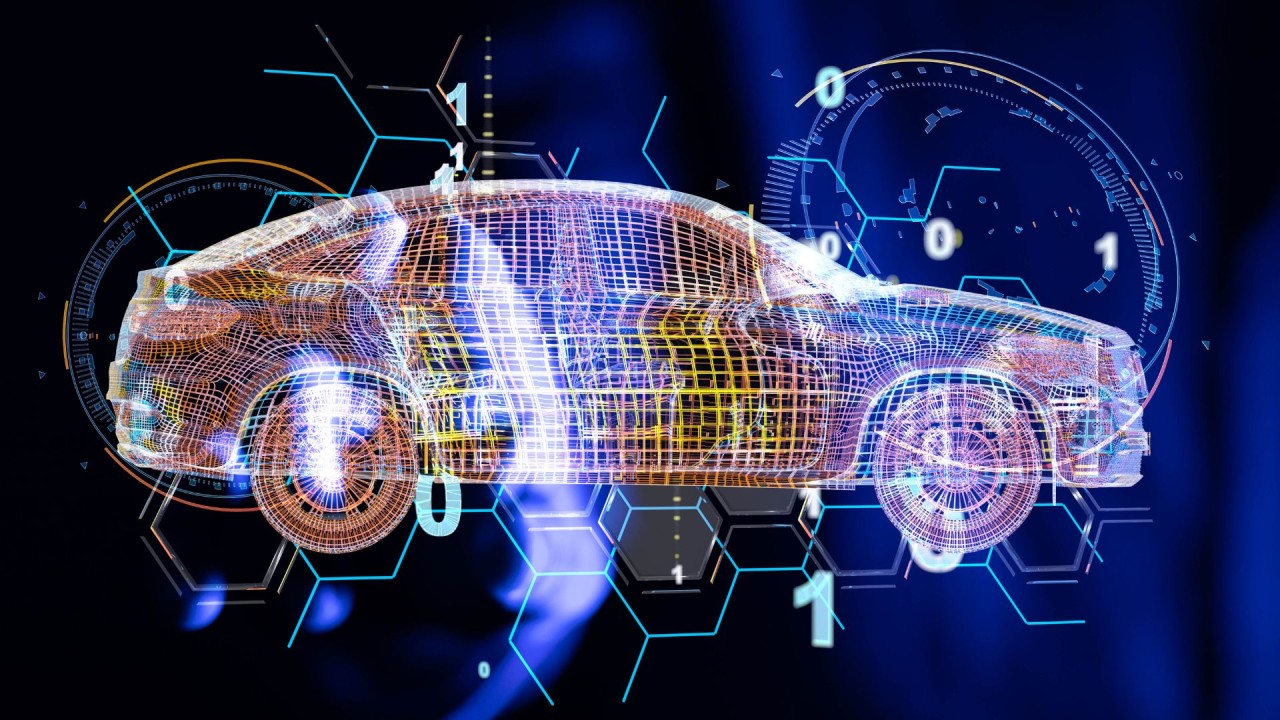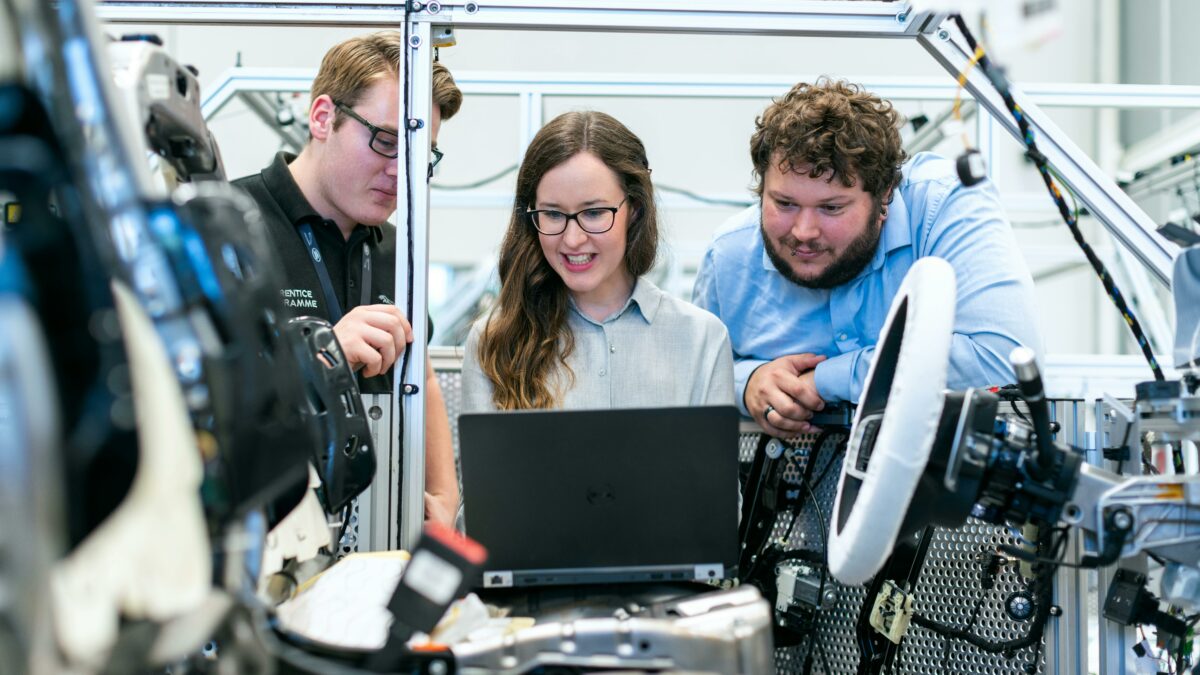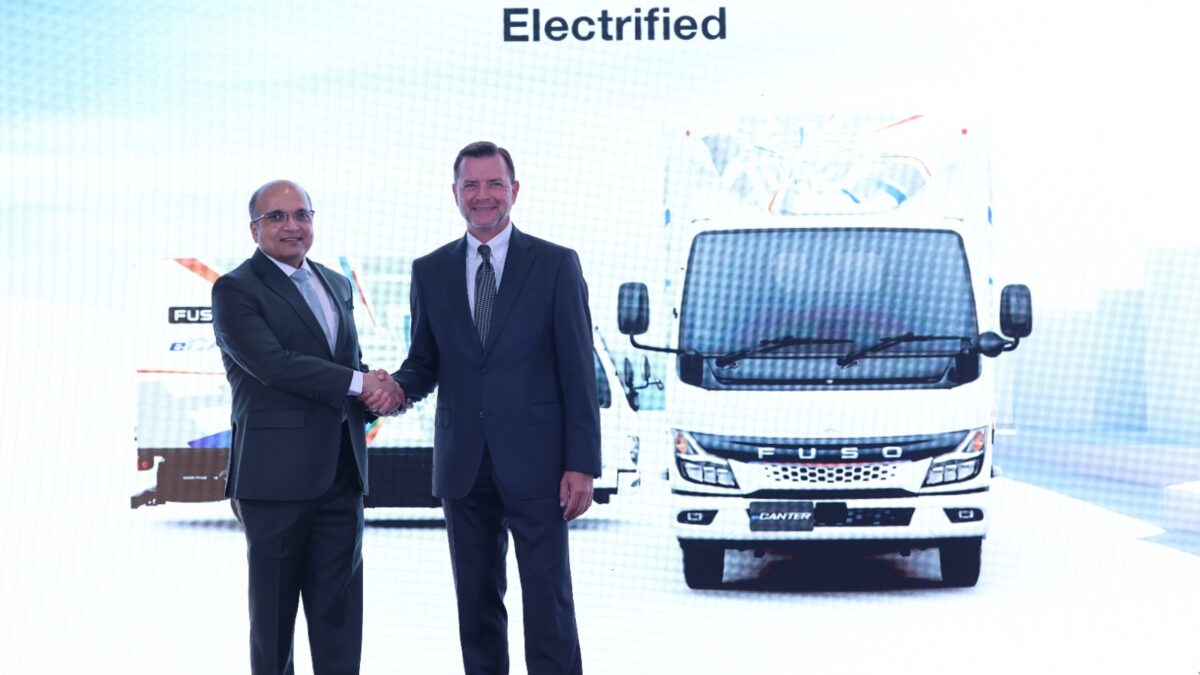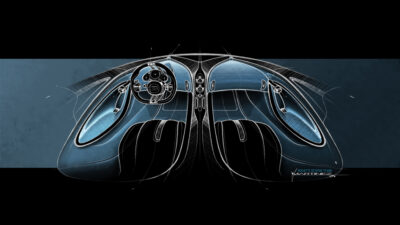
Navigating the Modern Automotive Landscape: Trends and Developments in Today’s Car Market
by CarBook,
The modern car market is a dynamic landscape shaped by technological innovation, shifting consumer preferences, and evolving industry trends. Today, more than ever, car buyers are presented with a vast array of choices ranging from traditional gasoline-powered vehicles to electric cars, hybrids, and even self-driving cars. This diversity reflects the ongoing transformation of the automotive industry towards sustainability, connectivity, and automation.
One of the most significant trends in today’s car market is the rise of electric vehicles (EVs). With growing concerns about climate change and environmental sustainability, many consumers are opting for EVs as a cleaner and greener alternative to traditional combustion engine vehicles. Companies like Tesla, Nissan, and Chevrolet have pioneered the mass-market adoption of EVs, offering models with impressive range, performance, and charging infrastructure. The increasing affordability and accessibility of EVs are driving their popularity, with sales expected to continue rising in the coming years.
Hybrid vehicles, which combine electric motors with internal combustion engines, have also gained traction in the market. These vehicles offer the benefits of both fuel efficiency and reduced emissions, making them an attractive option for environmentally-conscious consumers who may be hesitant to make the full transition to electric vehicles. Major automakers like Toyota, Honda, and Ford have invested heavily in hybrid technology, offering a wide range of hybrid models across different vehicle segments.
Another notable trend in today’s car market is the growing demand for SUVs and crossover vehicles. These versatile and spacious vehicles have become increasingly popular among consumers due to their practicality, comfort, and all-weather capability. As a result, many automakers have expanded their SUV and crossover lineups to cater to this demand, offering a diverse range of models to suit various preferences and budgets.
Connectivity and technology have also become key differentiators in today’s car market. Modern vehicles are equipped with a wide array of features and amenities, including touch-screen infotainment systems, smartphone integration, advanced driver-assistance systems (ADAS), and connectivity services such as Wi-Fi hotspots and remote vehicle monitoring. These technologies not only enhance the driving experience but also improve safety, convenience, and overall satisfaction for consumers.
Furthermore, the emergence of self-driving cars and autonomous technology represents a significant paradigm shift in the automotive industry. While fully autonomous vehicles are still in the early stages of development and regulatory approval, automakers and tech companies are making significant strides towards realizing this vision. Features such as adaptive cruise control, lane-keeping assistance, and automated parking are already available in many vehicles, paving the way for a future where cars can navigate and operate independently.
In conclusion, today’s car market is characterized by a diverse range of vehicles catering to various preferences, needs, and lifestyles. From electric and hybrid vehicles to SUVs, crossovers, and technologically advanced models, consumers have more choices than ever before. As the automotive industry continues to evolve, innovation and sustainability will remain driving forces shaping the future of mobility.








